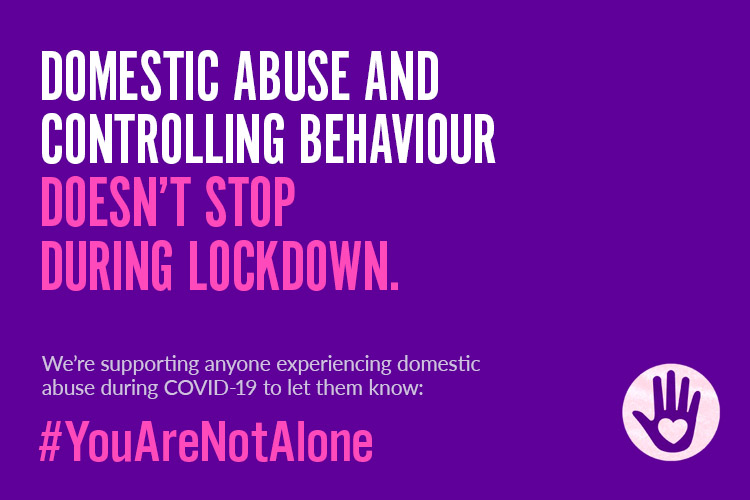Do you want to learn about adolescent health from the best, for free?
How about reproductive rights, maternal health or gender-based violence?
Or how about studying for a MOOC on a completely different topic?
By now you’re probably wondering what are MOOCs and what are they relevant to me or anyone for that matter.
Here’s why…
What are MOOCs?

Free Online Courses for everyone!
During the past few years massive open online courses, also known as MOOCs, have risen in popularity and variety.
While the Internet is a great place to study just about anything for free, MOOCs give you the opportunity to learn in a structured way from top universities using intuitive multi media platforms.
MOOCs usually follow the general format of a 6-8 week course, which involves 3-5 hours of work each week. The work is divided between listening to online lectures, completing readings, and doing assignments and quizzes.
Most MOOCs release content weekly allowing you to work mostly at your own pace, but they will have quiz or assignment due dates set at the beginning of the course.
Some have bonus material such as interviews with experts, group discussions or extra reading material. The courses are free and don’t usually incur a cost, but you can pay to earn a verified certificate or diploma for certain professions.
Sex Ed MOOCs
Since MOOCs are free and accessible to anyone with the Internet, they regularly have thousands of students following at one time from around the world.
Therefore, MOOCs represent a unique opportunity to teach people in depth about certain topics, specifically subjects like sexual and reproductive health (SRH). In fact, the University of California, San Franciso’s MOOC on abortion was the first online course to be offered from an American university on the topic.
On their MOOC home page their course description emphasised: “Abortion is a common experience for women around the world; yet, abortion is often excluded from the curricula of health professionals. This course, geared toward clinicians, health care workers, and students, aims to address this gap and will contextualize abortion care within a public health framework from both clinical and social perspectives.”
MOOCs give professionals continuing education and qualifications to add to their CV and LinkedIn profiles, in addition to showing potential employers that they are dedicated and interested in a particular topic. For young students MOOCs offer easy exploration of subjects or a field they’re considering in the future. They can also get a glimpse of the teaching and professor quality of universities where they’re potentially applying.
Additionally, the format of most MOOCs’ group discussions also provides plenty of networking opportunities for finding people with similar passions, who may have taken a program you’re interested in or have a job at an organisation you would do just about anything to work for.
If you’re unsure that distance learning is your style, trying a MOOC could be a good idea before investing in an expensive online diploma. Above all else MOOCs are thoughtfully and cohesively put together by experts so that you learn a topic thoroughly, while opening up resources that may be hard and time consuming to find on your own or even expensive, such as academic papers.
Ready to try a MOOC?
Have I convinced you to try a MOOC yet? As with all classes, MOOCs require work so it’s important to know what you’re getting into before you start. Additionally, because of the self-motivation needed to complete MOOCs many people start them but few finish.
Begin by taking a look at the course’s homepage and check out what each week entails and how much time the instructor suggests per week – if it says 5 hours a week, you will not be able to do it in only 2.
If reading the course’s description makes you excited and you have the time, you should definitely enroll!
Once you get access to more course details, structure, and objectives really consider your suitability for the course, especially the level of material and if you need any prerequisites.
If the course isn’t right, don’t be afraid to look for a better one or if only a part of it interests you, just stay tuned for that section knowing you won’t get a certification.
It’s also helpful to send the course around to friends and try and get a study buddy who can who can discuss topics with and give you that extra nudge to do the weekly work.
Below I have listed courses pertaining to sexuality, sexual and reproductive health and rights, and gender, but I strongly encourage you to head over to these platforms and prepare to be astonished at the wealth of classes available. Happy learning!
Upcoming Courses Sexual and Reproductive Health MOOCs
**Just Started!**
John Hopkins University – Bloomberg School of Public Health – Confronting Gender Based Violence: Global Lessons with Case Studies from India. Learn more and sign up HERE
The London School of Hygiene and Tropical Medicine – Improving the Health of Women, Children and Adolescents: from Evidence to Action. Learn more and sign up HERE
The University of Melbourne – Global Adolescent Health
Learn more and sign up HERE
“The University of Melbourne – Sexting the Canvas: Art and Gender
Learn more and sign up HERE
John Hopkins University – Bloomberg School of Public Health – Psychological First Aid
Learn more and sign up HERE
Self-Paced Courses
Interagency Working Group (IAWG) on Reproductive Health in Crises – “Minimum Initial Service Package (MISP) for Reproductive Health in Crisis Situations”
Cambridge sociologist: Véronique Mottier – Sexuality and Power
London Feminist Network Founder: Finn Mackay – Rethinking Feminism
Saylor Academy – “Gender and Sexuality”
Courses That Will Hopefully Repeat Soon!
University of California, San Francisco – Contraception: Choices, Culture and Consequences
Lund University – Global Perspectives on Sexual and Reproductive Health and Rights
Emory University – AIDS
Stanford University – International Women’s Health and Human Rights
University of California, San Francisco – Abortion: Quality Care and Public health Implications
Some Popular Platforms
Coursera | Future Learn | Stanford Online | Ed X:
Also check out these excellent guides to studying MOOCs:





